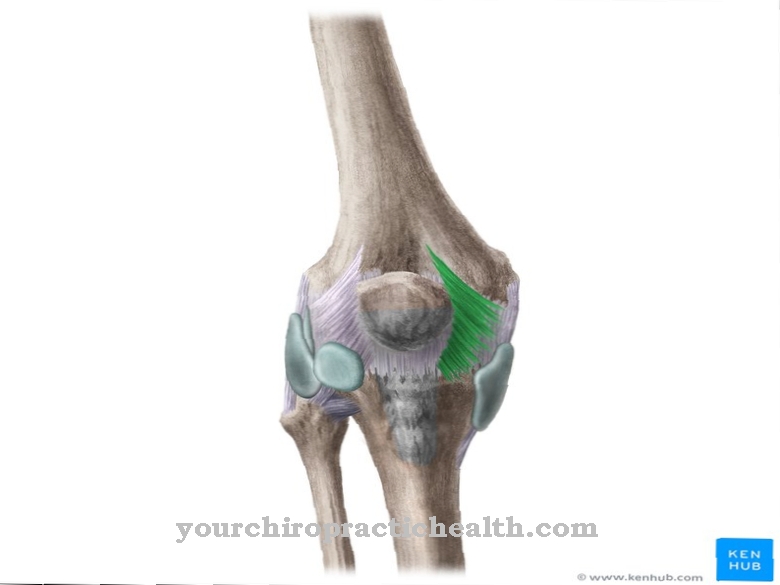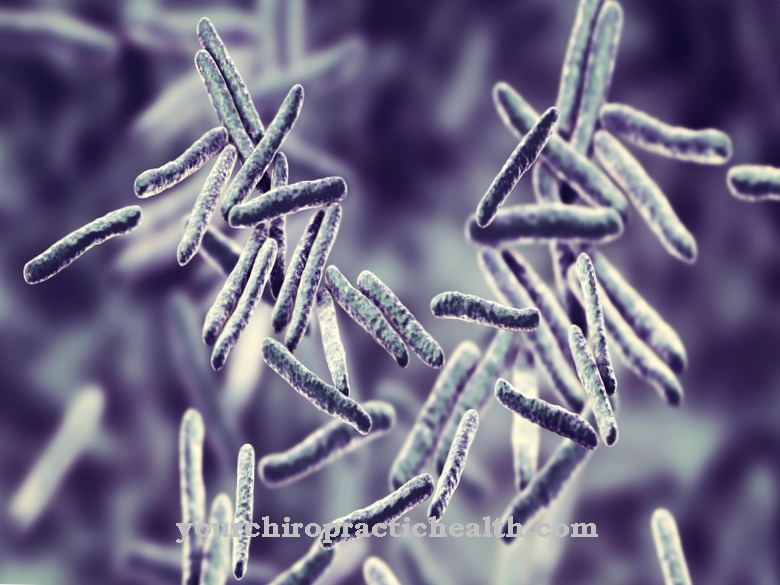The Glands are located under the skin or directly in the organism and are responsible for producing and excreting hormones, sweat and other substances. They regulate a wide variety of processes and are essential for health.
What are glands
The glands are small openings that are distributed over the entire human body. They produce hormones, sweat or secretions that are normally completely odorless. In addition, sweat glands can also emit a smelling odor, which is crucial for sexual behavior. These types of glands form during puberty and regress when they die.
The glands can become diseased or damaged from birth. Then there is a lack of or excessive perspiration. This can cause abscesses and infections that need to be opened surgically.If the hormonal glands are damaged, serious psychological problems can arise.
Anatomy & structure
The glands on the human body can be divided into several groups. On the one hand, there are the eccrine sweat glands, which are located below the epidermis. They are about 0.4 mm tall and can be found all over the body.
In addition, every single gland is surrounded by a membrane. On the other hand, there are the apocrine sweat glands, which are closely connected to the hair follicles and are significantly larger than the eccrine glands. They are about 3-5 mm in size and are located in the sub-tissue of the skin. The apocrine glands are formed during puberty and are also known as scent glands because the secreted sweat has a noticeable odor.
The endocrine glands are responsible for producing hormones. They send the produced hormones into the bloodstream via osmosis or diffusion. They have a similar structure to the eccrine glands. Finally there are the exocrine glands, which are also located throughout the body. The mammary gland is just as much an exocrine gland as the prostate, salivary glands, or sebum and sweat glands. Liver and bile production is also controlled by the exocrine glands.
Humans have several million glands all over their bodies. In some regions there are fewer glands. For example on the thighs and on the forearms. Most of the sweat glands are located under the armpits, around the genitals and on the soles of the feet.
Function & tasks
The glands have several roles. The eccrine glands are responsible for regulating body temperature. If the outside temperature rises, more sweat is produced to cool the body and thus the organism; if it falls, the glands close and goose bumps occur.
Regardless of how much sweat the glands produce for this purpose, it is completely odorless. The eccrine glands secrete sweat, which consists of water, table salt, fatty acids and various nitrogenous substances. In addition, the sweat contains antibacterial substances that keep the pH of the skin at an optimal level. The body detoxifies itself, regulates the temperature and cares for the skin by releasing sweat.
The apocrine glands are responsible for other tasks. They emit certain fragrances that shape the individual body odor and play an important role in social and sexual behavior. Nowadays the smell is whitewashed by deodorants, but the transmission still takes place. Apocrine sweat glands are only found on certain parts of the body. For example in the genital area and in the armpit.
The job of the endocrine glands is to produce hormones. They control physical and mental health and well-being, are responsible for feelings and their regulation, and have various other purposes.
You can find your medication here
➔ Drugs against sweating and sweatingIllnesses & ailments
The glands on the human body are extremely resistant to diseases. Nevertheless, health problems can arise if there is an over- or underactive condition. If there is no sweat production at all, this is also known as anhidrosis.
This disease, which is genetic or can result from injuries, leads to further problems. This leads to difficulties with thermoregulation, which can lead to circulatory problems. Excessive perspiration is usually very uncomfortable for those affected. It is accompanied by a noticeable body odor and leads to stress, which in turn triggers the production of sweat.
However, the doctor can counteract this so-called hyperhidrosis by obliterating the sweat glands. This prevents excessive perspiration, even at high temperatures.
In the area of the hormonal glands, increased or decreased production can lead to or promote mental illness. If the thyroid glands are affected, the entire organism is weakened.

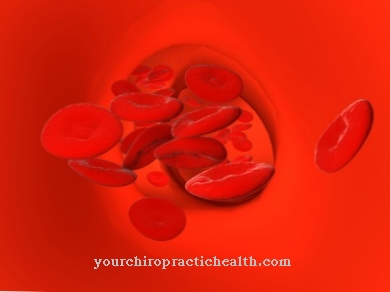
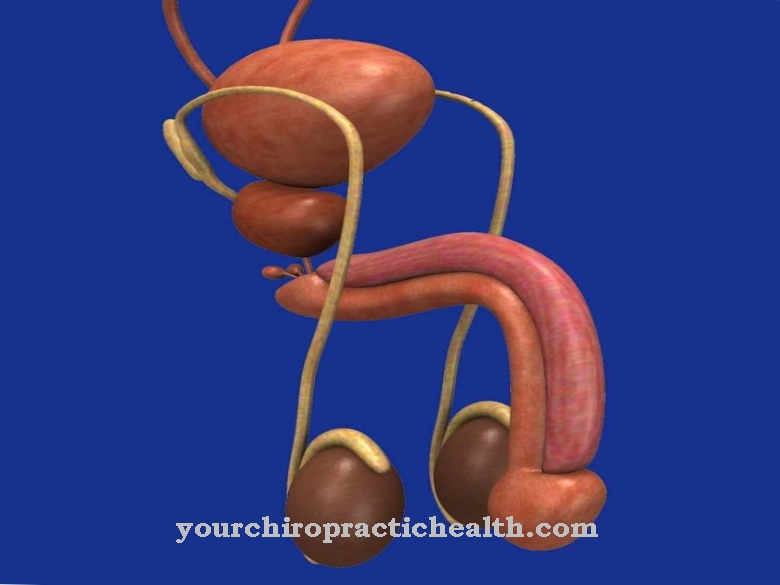
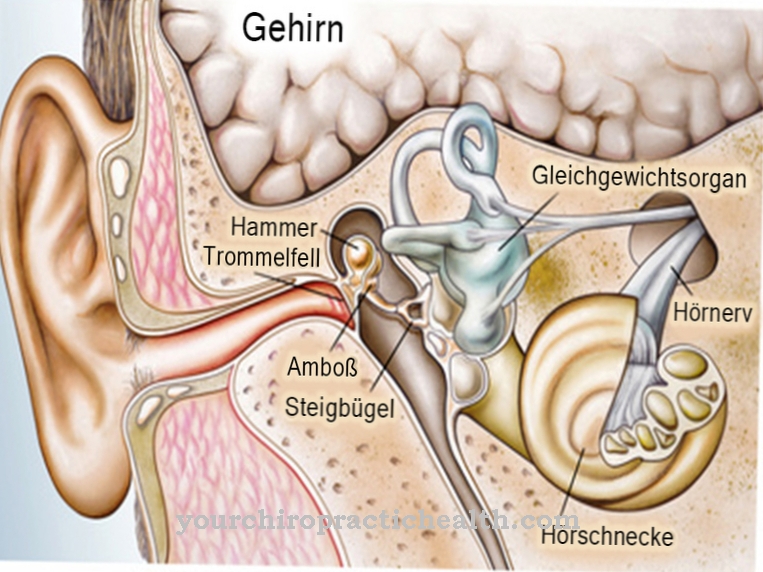
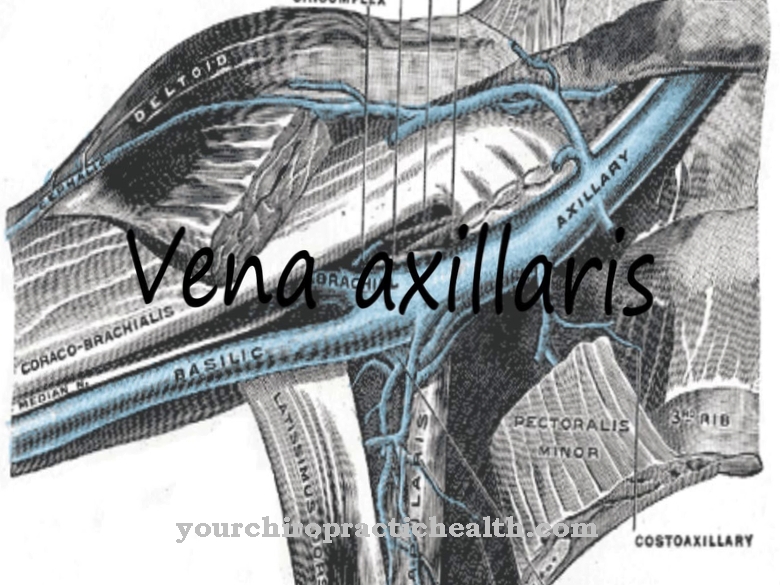
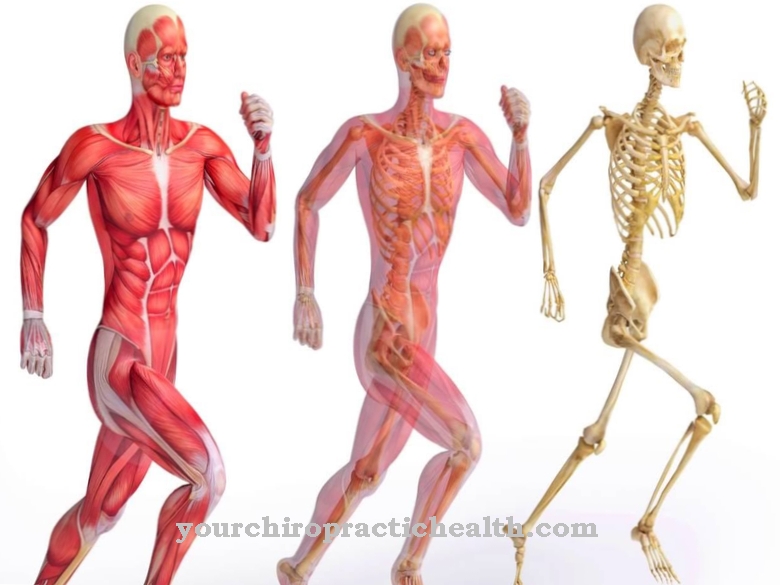
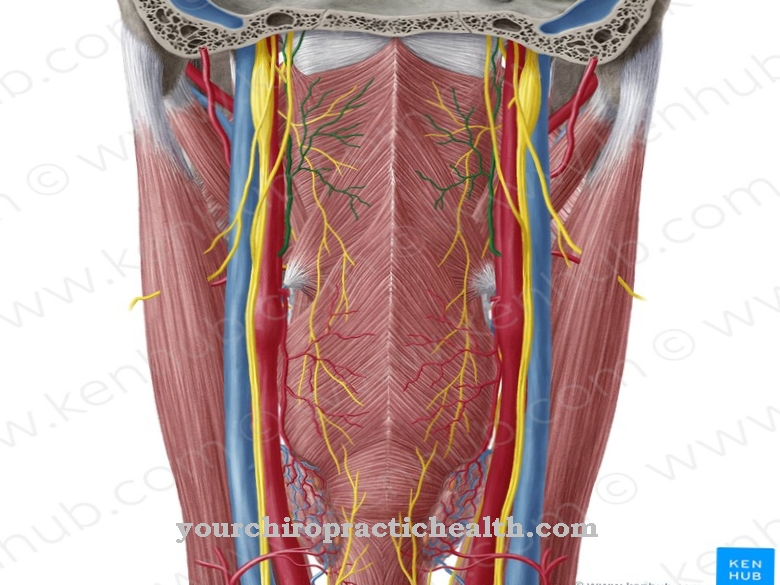

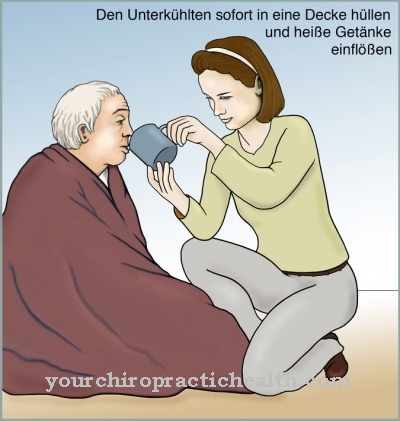
.jpg)

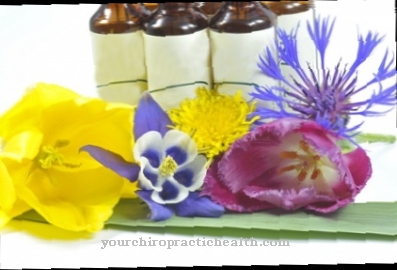
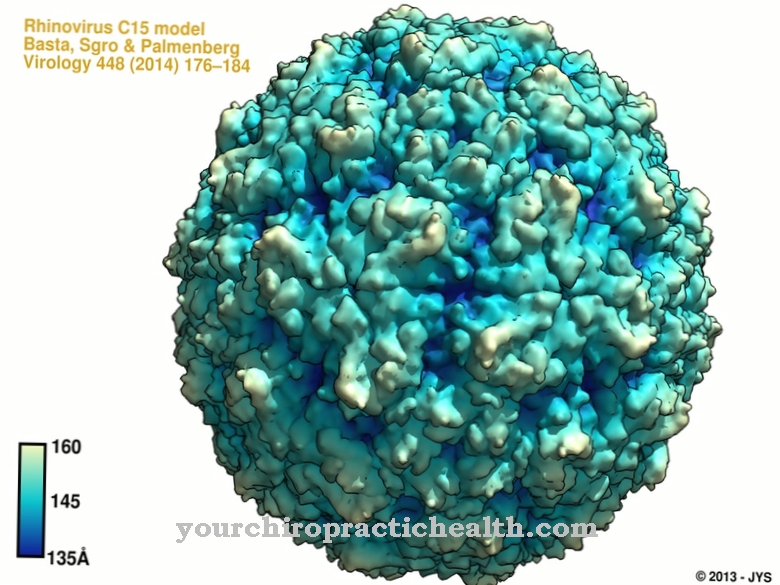
.jpg)

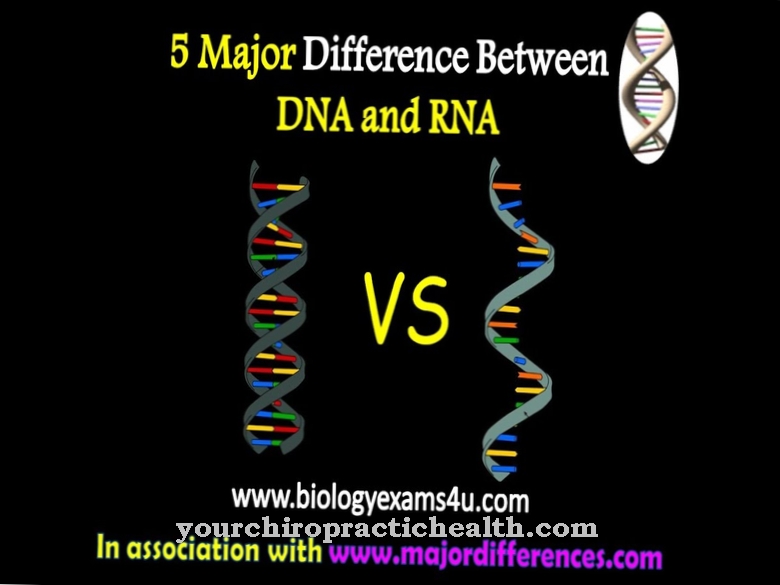

.jpg)

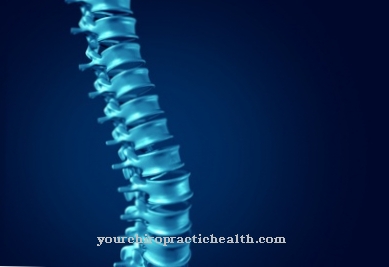
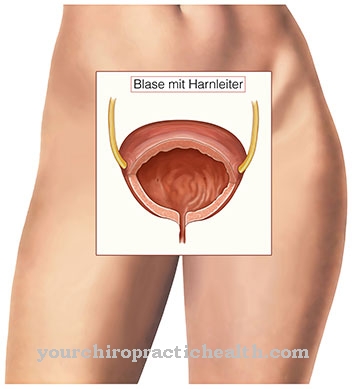

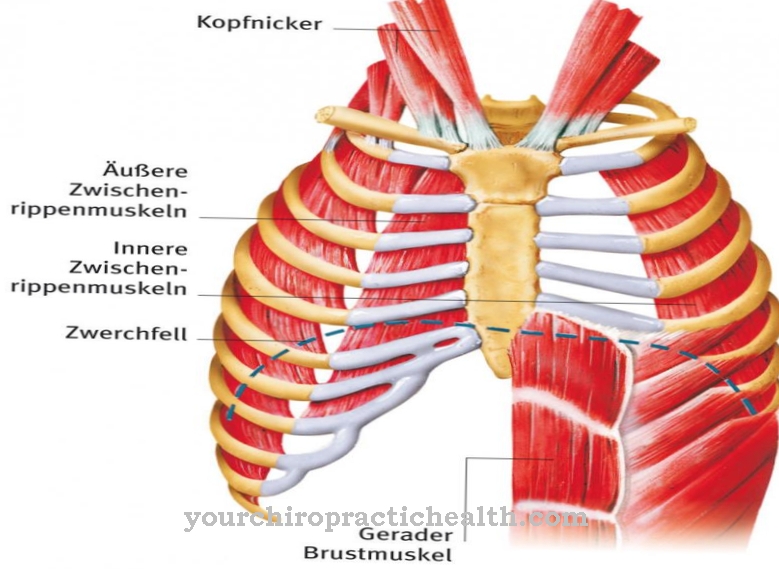

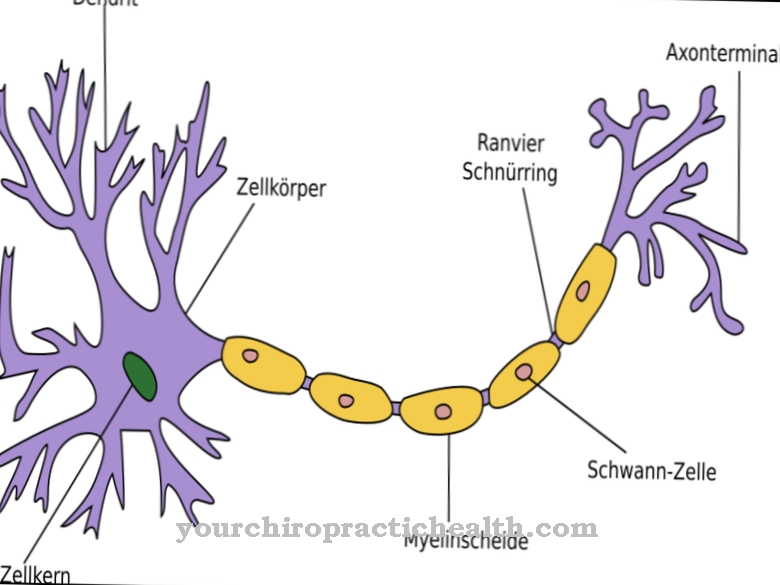
.jpg)
